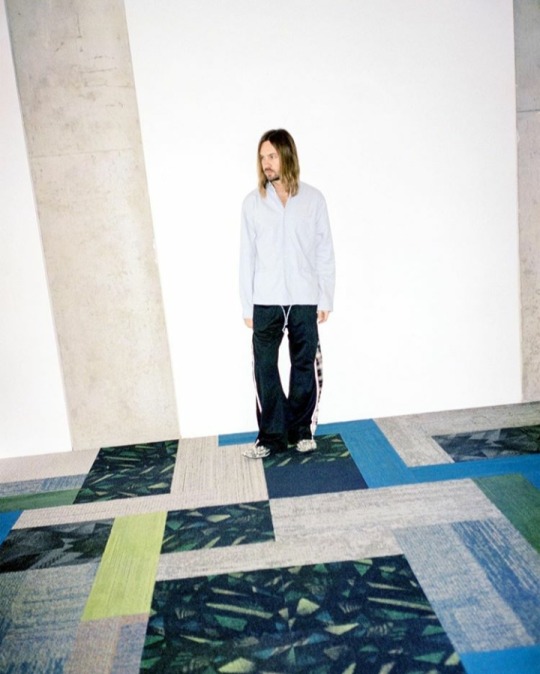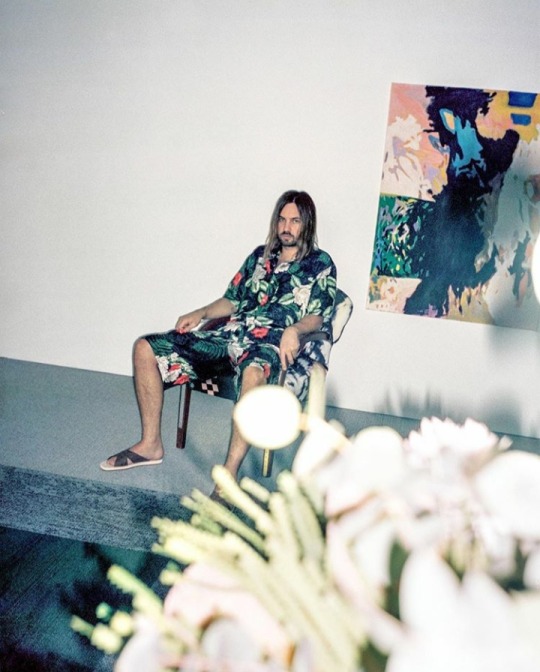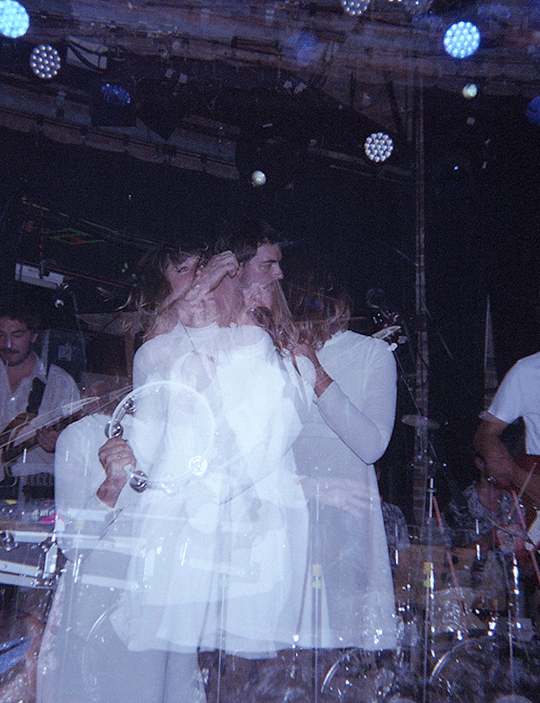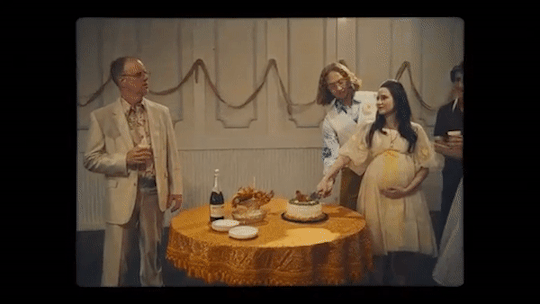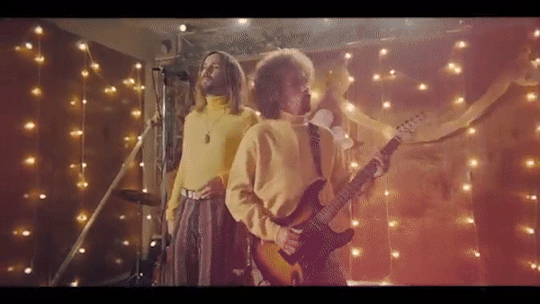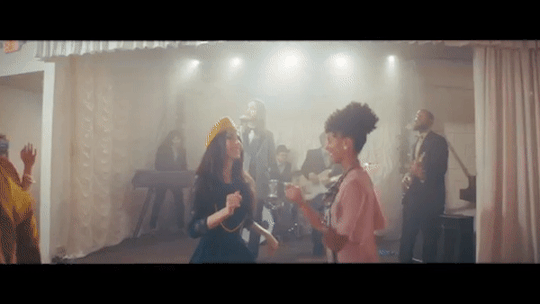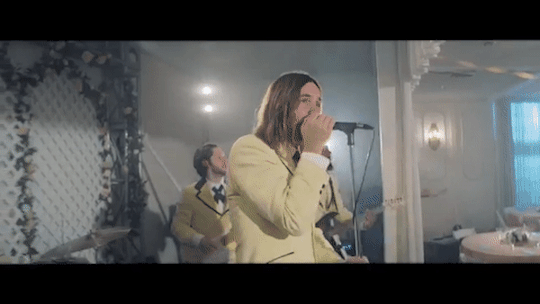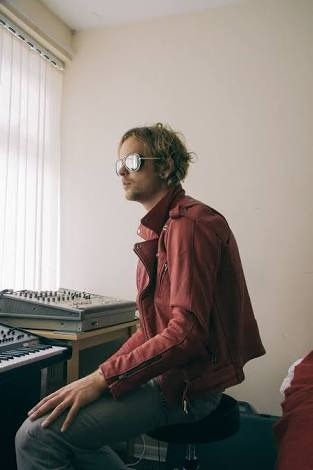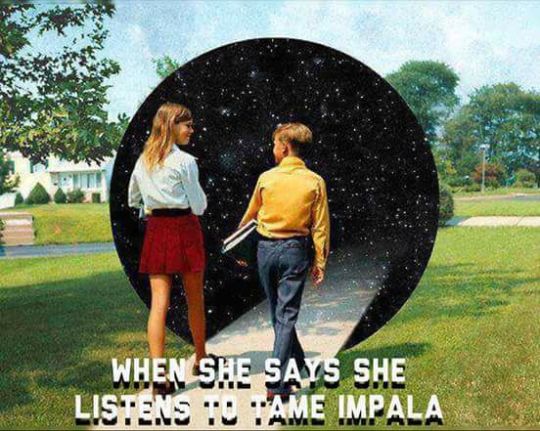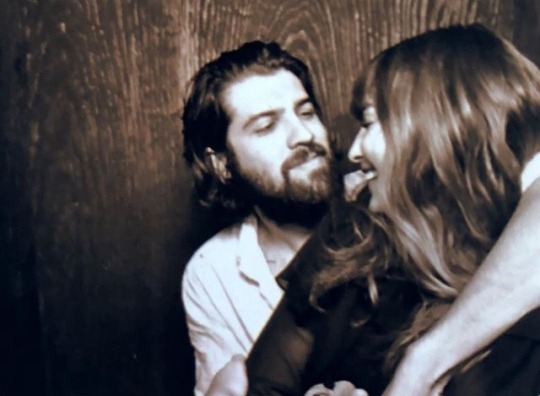Don't wanna be here? Send us removal request.
Photo

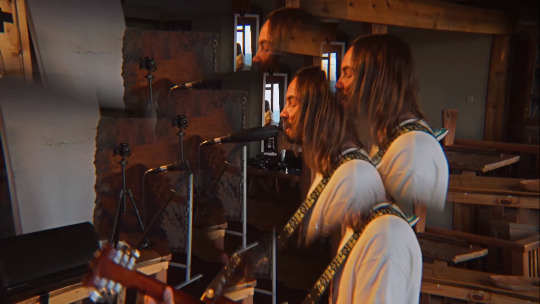


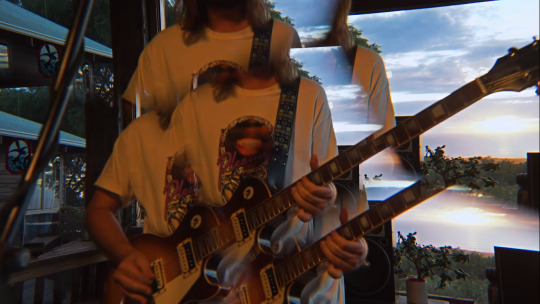
Tame Impala performing Innerspeaker live from Wave House
21/04/21
331 notes
·
View notes
Text
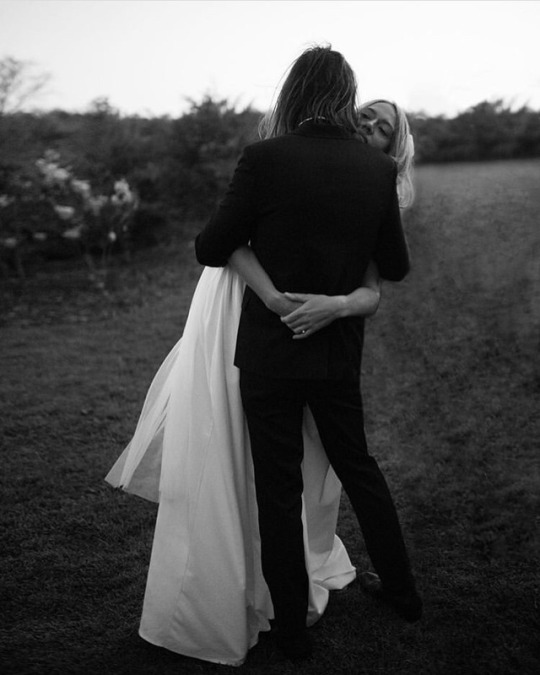
🖤
30 notes
·
View notes
Photo
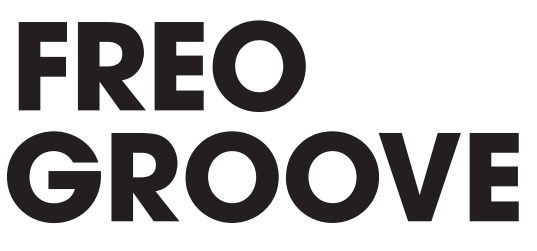

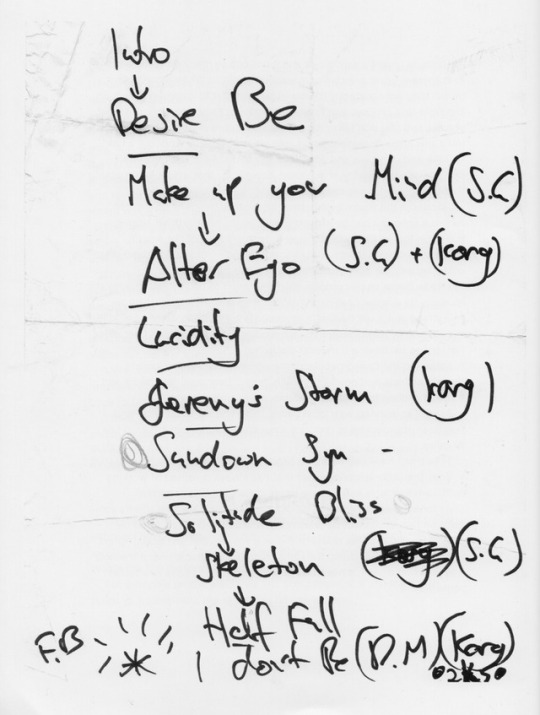
Freo Groove - Musicians of Fremantle
Kevin Parker is pounding along the coast, between the sea and the great shattered ruin of the old South Freo Power Station, his mind buzzing with musical possibilities. He’s always said you can make great music from anywhere - that place isn’t a big deal. But the front man of successful psychedelic band Tame Impala recognises that Fremantle has shaped his musical journey: from his first exploratory jams with future band-mates to the modest weatherboard in South Fremantle that he’s converted into a recording studio.
`I used to say that I could be anywhere in the world, and I still like to believe that, because I don’t believe that the quality or the style of the music that someone makes is dependent on where they are. However, there are many things that seep into your music and one of them is where you live.
`Making the last album, Currents, I was stuck, sitting in the studio and my four walls. I got to a spot where I just wasn’t feeling it and the music wasn’t very evocative. I got my iPhone and headphones and walked along the beach down to the power station in Coogee. I couldn’t believe how much the music opened up and spoke to me, made me feel all kinds of things again. ‘A lot of the songs on Currents have passages that were directly inspired by the power house and doing laps of it. It is scary and confronting, but such a beautiful thing. I had one of the songs I was working on at the time on repeat and I wrote a lot of the lyrics down on South Beach. I suddenly remembered the value of being somewhere serene and beautiful and getting inspired in that way. I don’t like to think of it as a necessity because music can be written for the purposes of escape. But so much of Currents was mentally conceived between here and the power station all along the coast.’
Gravity
He grew up in Perth, got drum lessons while in high school, and played rhythm guitar with his father, Jerry, playing lead. He went on to play music with Dom Simper, whom he met in high school. The two formed The Dee Dee Dums, the precursor to Tame Impala. Somewhere around the age of twelve, he began fooling around with cassette recorders; bouncing tracks and layering sounds, building a creative methodology that still endures, although the technology is worlds apart. His Fremantle musical story began when he was about twenty and he met the guys from the band Mink Mussel Creek.
`I was in a different band at the time, but I started hanging out and jamming with them. I was living in Subiaco then. I would leave Subiaco on Friday evening and go back on Sunday night. It was like a time warp, like another world. We would have a lot of fun and get up to mischief and make music. I thought it was amazing because it was like being in a parallel universe. It was just this black hole of the weekend when I’d be around Freo. 'It was just such an intoxicating environment, the absolute tunnel vision of the music. It was the centre of how we lived our lives. Everything was based around that. Going out for them was going out and playing a show, and we would start drinking and getting stoned in the afternoon. At some point in the night the show would happen. The show was just part of the evening. That was kind of what our lives revolved around and I just felt such a sense of belonging. A newfound identity.’
It was an intense period of short-lived bands thrown together as fluid musical experiments, with several bands running at once comprising different line-ups of the same core set of musicians. Often, he’d play two gigs a night - one with his old band, The Dee Dee Dums, and then just stay on stage for Mink Mussel Creek. There were gigs at The Swan Basement, The Railway Hotel, Mojos, and the Newport, but the Norfolk Basement - and its bar manager -provided the opportunity for Kevin to take his work to a new level.
'The Norfolk became our second home, because we met Jodie [Regan] and she fell in love with Mink Mussel Creek. She was the bar manager downstairs, and we just thought she was great. She was enchanted by us young, scruffy stoners, who were obsessed with music and didn’t have any kind of ego about it. She was like, “Hey, I’ll manage you” and we thought, Hey, we’ve got a manager! We’d go down there during the day and rehearse. The bar wouldn’t open until later and I ended up doing a lot of recording down there. They had microphones and mic stands. So I could just go down there for as long as I wanted, which was a dream because up to then I had nowhere to record drums. `The first gig we ever played under the name Tame Impala was at Mojos. It was like a new and exciting time for me because it was just another step of me consolidating what I wanted musically. `There weren’t a lot of people, but that didn’t matter. Until I first started hanging out with those guys - hanging out in Fremantle - would care a lot more about the audience: how many and how much they were into it. After, it was, well, “they are there or they are not”. Our attitude was, we are doing what we are doing because we love doing it. We’re not out for approval or validation.’
A Fremantle share house provided a base for a while. Then as Tame Impala enjoyed wider success, Kevin was based in Paris before moving back to South Fremantle.
'I think it was a no-brainer. I had a lot of friends here. I bought a house and lived there for a while and then tore all the walls down and turned the entire thing into a studio and then I bought another house and moved there.’
Complexity
Kevin Parker’s approach to making his own music is intense and solitary, although he has had long-standing working relationships with different local musicians. He composes in isolation and works with others to create the live performance.
’Tame Impala on the albums is just one person. It is just me multi-tracking; so basically, me recording wherever I am. 'Because I make music alone and it has got so many different parts to it, there is never a verbal conversation about it. When a band plays music, they are constantly having to talk about it to communicate it. So just from that process, just talking about it out loud, you work out what you like and you don’t like. When that entire conversation stays in your head, it is just a thinking process, and you never really work out what you like and don’t like and what strategies you like. It just happens. I don’t have a framework. I have been doing it for that long it is something that kind of comes naturally. 'I potter in the studio even when I have other things to do. I might record a song or I just go around going, “hullo, what is this?” Unplug this…plug this in. Find a better way to record - kind of like a mad scientist. A cross between a mad scientist and an old lady in the garden pottering around. Somehow songs come out of that. `I make things more complex than they need to be. I would love my music to be simpler. I call my music “kitchen sink music”. I just throw everything at it. I will think of a keyboard line - put it in. Think of a guitar line - put it in. Two different vocal melodies - put them in. As I get older I am trying to develop a musical discipline.’
Following the phenomenal commercial success of Tame Impala, Kevin’s instincts and production skills, honed over countless hours and through endless musical experiments, are in high demand. As well as working with local bands, including Koi Child and Pond, he’s been approached to produce a number of American artists in Los Angeles.
‘I like that I have two lives as a producer. One is doing my friends’ stuff in Freo, the other is iconic artists that I’ve always dreamed of working with. I am suddenly in the same room. It’s kind of two extremes.'
As for another Tame Impala album, Kevin will only say that there’s some paint on the canvas, but he doesn’t know what the final result will be.
‘The change in styles is one of the only things you can bet on. I don’t think I would bother doing the same thing again. That is one of the only rules I put on myself. It has to be different and has to have evolved in some way.’
- Freo Groove - Musicians of Fremantle by Bill Lawrie & Claire Moodie.
Photo by Jeff Atkinson.
Published by UWA Publishing.
35 notes
·
View notes
Photo

https://open.spotify.com/album/0VIXwJMzDsEymsSyFtoCdd
3 notes
·
View notes
Photo

The one and only #tameimpalagirl 🍷 https://lnwy.co/read/the-story-of-spinning-top-in-8-records/
2 notes
·
View notes

